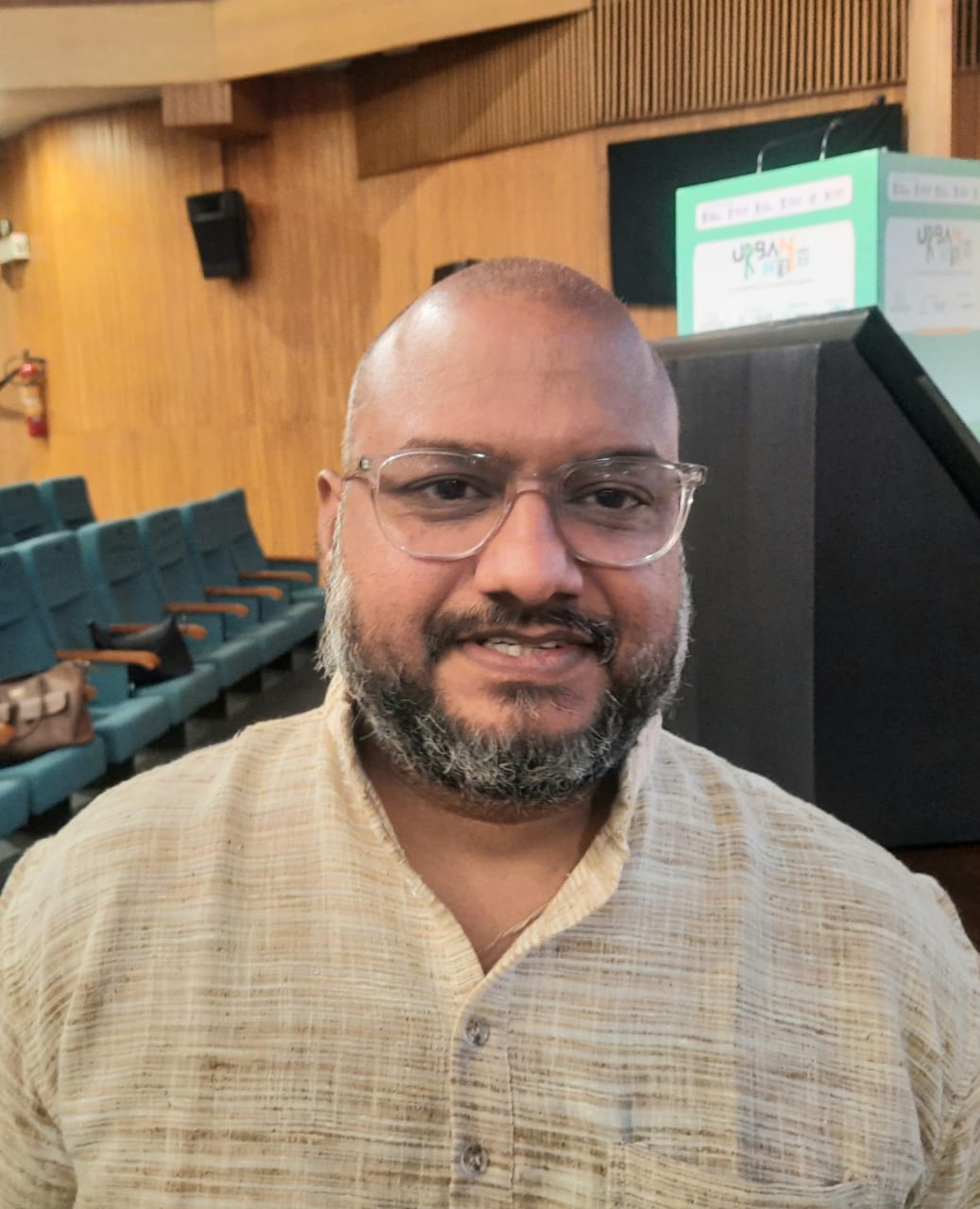Planetary Vimaana Research Labs is a cutting-edge defense and space research laboratory focused on pioneering innovative products and engineering solutions across various applications. The company spearheads state-of-the-art defence and space technologies, with a dual emphasis on both educational and commercial objectives. Leveraging robust research and development capabilities, Planetary Vimaana designs high-performance, cost-effective, and reliable products tailored to the needs of diverse industries. Specializing in developing small satellites and path-breaking mechanisms for space technology, the company is at the forefront of creating innovative solutions that enhance satellite functionality and performance in challenging space environments. With unparalleled expertise in satellite bus design and construction, Planetary Vimaana delivers customized solutions to meet the specific needs of different missions.
In an exclusive conversation with The Interview World, Parv Kumar Goyal, CEO and Co-founder of Planetary Vimaana Research Labs, shares key insights into the organization’s initiatives. He elaborates on the capabilities of their satellite buses, emphasizes the rigorous testing and calibration process that ensures product quality, and highlights their affordability. Goyal also discusses his long-term vision for the company. Below are the key takeaways from this enlightening conversation.
Q: Could you provide an overview of the key initiatives and projects Planetary Vimaans Research Labs is undertaking in the space technology domain?
A: As an early-stage space technology company, we focus on the design and development of satellites. Our ultimate goal is to revolutionize space automation. To achieve this, we aim to reduce both launch and design timelines significantly. Furthermore, we are making space technology more economical by creating innovative products that drive efficiency and cost-effectiveness.
Q: What types of satellites are you currently designing?
A: A satellite is a highly complex and substantial product. Currently, we are focusing on Cube Satellites, specifically 1U, 2U, 3U, and 6U variants. Furthermore, we are developing innovative subsystems for each satellite, ensuring that every component meets specific requirements.
Q: Can you explain the purpose and functionality of satellite buses?
A: We currently focus on developing the satellite bus, a critical component of the satellite. Broadly speaking, a satellite consists of two main segments: the satellite bus and the payload. The payload includes the communication antennas, receivers, transmitters, and sensors, which collect and disseminate data. The infrastructure records data through these sensors constitutes the satellite bus. At present, we are focusing on building this essential satellite bus. While many teams focus solely on developing payloads, we provide them with our bus, enabling their payloads to be launched into space.
Standardized satellite buses play a pivotal role in streamlining satellite design and manufacturing. By reducing both costs and development time, they are essential for deploying satellites across various applications, such as Earth observation, navigation, telecommunications, and scientific research. Moreover, these buses ensure seamless operation, even in the harshest conditions of space.
Q: How many satellite bus models have you developed so far?
A: We will launch our first CubeSat by December 2025. Currently, we are in the Preliminary Design Review (PDR) stage, actively refining our plans and moving forward with precision.
Q: How do you ensure compliance with satellite quality standards and testing validation protocols?
A: We are adhering to a rigorous process throughout. At every stage, we will also engage a team of experts to review the satellite, ensuring thorough evaluation at every step. This is not merely a launch; our goal is to highlight and refine every angle of the project. Moreover, we will meet every compliance requirement set by the launch provider, leaving no detail overlooked.
Q: How cost-effective are your satellite buses for end customers seeking to utilize them?
A: This will be our first satellite, and we are focused on driving innovation to reduce both design time and costs. Our goal is to streamline the process, ultimately minimizing the overall expense. We’re resolute to make it happen.
Q: What is the estimated cost of the satellite you plan to launch?
A: Our first CubeSat is estimated to cost around Rs. 1.5 crore, including all expenses. However, this figure may decrease as we continue to innovate. This is a preliminary estimate. Moreover, we are currently refining various aspects, and by the next quarter, we will have a clearer understanding of the final cost.
Q: What are your long-term strategies for advancing your vision in space technology?
A: We are focused on developing innovative products to reduce both design time and satellite costs. My ultimate goal is to build a colony in space. To achieve this, I must first establish small satellite buses. This is why we are beginning with CubeSats.









